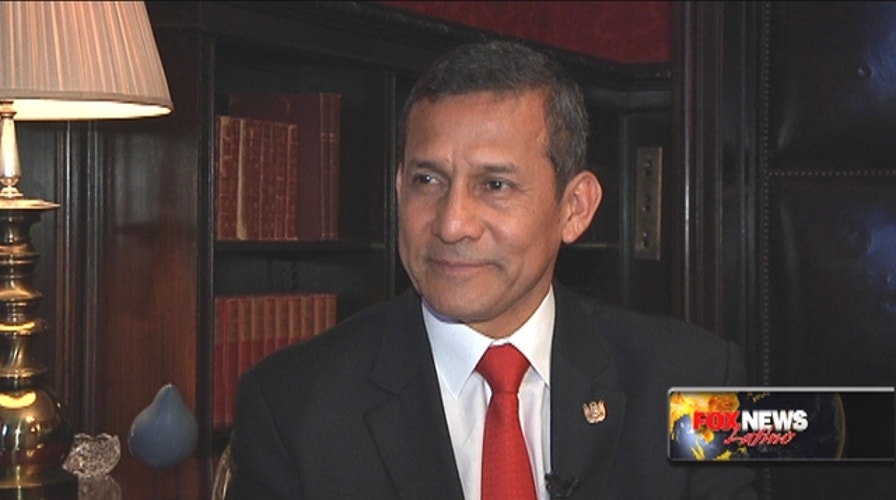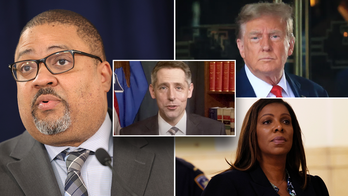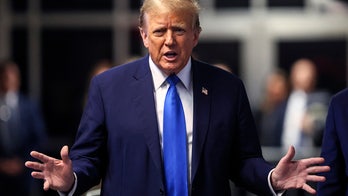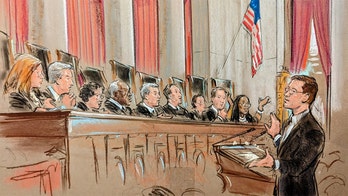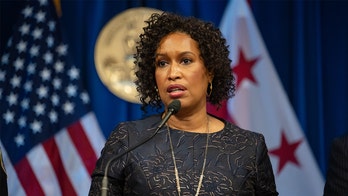Peru's President talks drug policy, climate change
Peruvian President Ollanta Humala talks with Fox News Latino, rejecting the notion of a Plan Peru to combat drugs.
Peruvian President Ollanta Humala sat down for a wide-ranging interview with Fox News Latino at the Manhattan residence of the country's ambassador to the United Nations during that organization's recent ministerial meetings.
An elegant man with two more years to go in office, Humala, 52, said that improving education in his homeland is his “obsession.”
“In Peru we had cared to create an economic policy, but the social side was lacking,” Humala said. “In the history of Peru, we invested a lot on mineral trades, but we didn’t achieve our dreams.”
Nevertheless, Humala is proud of his administration's accomplishments in fighting the drug trade.
Peru has broadened its academic scholarship program, awarding tens of thousands for study in the country as well as study abroad.
“Today Peru is not the top cocaine producer in the world,” he said, “that is one of the main achievements of my administration.”
“We’ve taken tough steps, we have more routes that are policed,” Humala said. “Everyone [passing through the routes] has to have documentation of chemicals [they’re carrying] and information about where they’re going.”
Nevertheless, Humala, who addressed the United Nation’s General Assembly while in New York City, said that the responsibility to fight the drug trade doesn't just fall on one nation.
“The problems cannot be solved solely by the cocaine-producing nations if you don’t also work on the demand.”
The president said he has voiced his concern to the U.S. government and the European Union about the need to combat drug production from their end, where there is a huge demand.
“We have to talk about co-responsibility, and those responsibilities have to be assumed in terms of equipment, funding and development projects” to fight the drug enterprise, Humala said.
Humala, who was an army officer, campaigned for the presidency on a promise to improve the quality of life for the poor in Peru, whose economy has been strong in recent years. After assuming office, he at first seemed to support the policies of the late socialist Venezuelan president, Hugo Chávez, but he has moved toward the center in recent years.
“People always ask ‘Are you on the left or the right?’” Humala said about his ideology. “I say ‘Don’t put me on the left or the right, put me at the bottom, I’m with the people who are at the bottom.’”
His goal, he said, is to address the inequality that exists in so much of Latin America.
“How do you divide the pie?” he asked. “We’re making investments in projects that will change life in Peru. We’re constructing a new Peru, investing in transportation, fiber optics, new refineries, technology.”
While he was in New York, the Americas Society gave Humala its highest award, the Gold Insigne, “for his outstanding contributions to his country and its people, the region and society.”
"Within the first three months of your term, you created the first ever ministry dedicated to development and social inclusion," said Susan Segal, the CEO of Americas Society during the ceremony. “And within two years, you had increased social spending by more than 50 percent, lifting half a million Peruvians out of poverty."
Humala, whose nation is hosting a global summit on climate change in December, in accepting the honor said, "I think it is important to understand that countries that have succeeded in achieving development have done so not because they have more natural resources, but because they have had the political will and have invested in education. That is why we are assigning an unprecedented portion of our budget to education, health, social policy and security."
He sees the climate change summit an opportunity to tackle one of the greatest threats facing the planet.
“What do we do to avoid the rising temperatures on the planet?” he asked. “We have to understand that mankind has developed the ability to destroy civilization as we know it without nuclear arms, but by warming the planet.”
Industrialized nations, Humala pointed out, are preoccupied with how much it will cost them to address the issue.
“But they must realize that while they’re looking at how much money it will cost them, we in other nations have already been paying a price,” he said, by struggling through more fierce hurricanes, less harvesting and the thawing of glaciers, among other things.
“We’re paying the consequences caused by industrial countries,” Humala said. “We in Peru have decided not to sit back in the face of this world problem. We’re hosting this summit, taking a leadership role in shedding light on this problem.”
The Associated Press contributed to this report.
